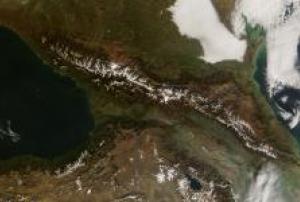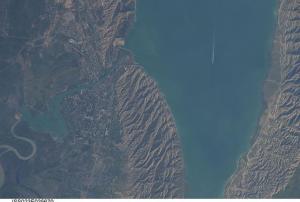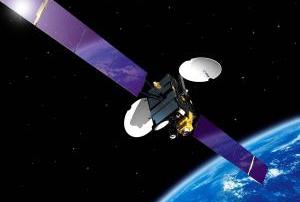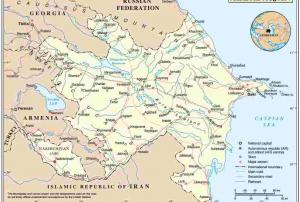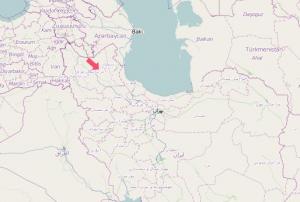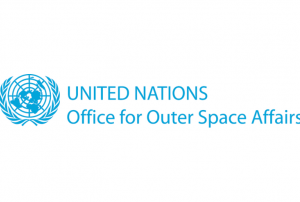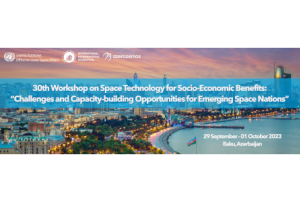The first telecommunication satellite Azerspace-1 will monitor the seismologic situation of Azerbaijan, which is located in a highly seismically active zone.
Azerspace-1, launched in February 2013, covers Eastern Europe, the Caucasus, Central Asia and North Africa and offers digital broadcasting services, internet access and data transmission for disaster monitoring and communication exchange between the stations of the monitoring system.
Resources of the satellite will be used to exchange data between different stations of the monitoring system for the diagnosis and management Robust Noise Monitoring, designed for seismic research, as the Control Systems Institute of the Azerbaijani National Academy of Sciences reported.
The exchange of seismic information will involve 35 monitoring stations located in the country and the system will be equipped with a special software, which transfers seismic acoustic signals directly to the server of the Institute, developed…
more